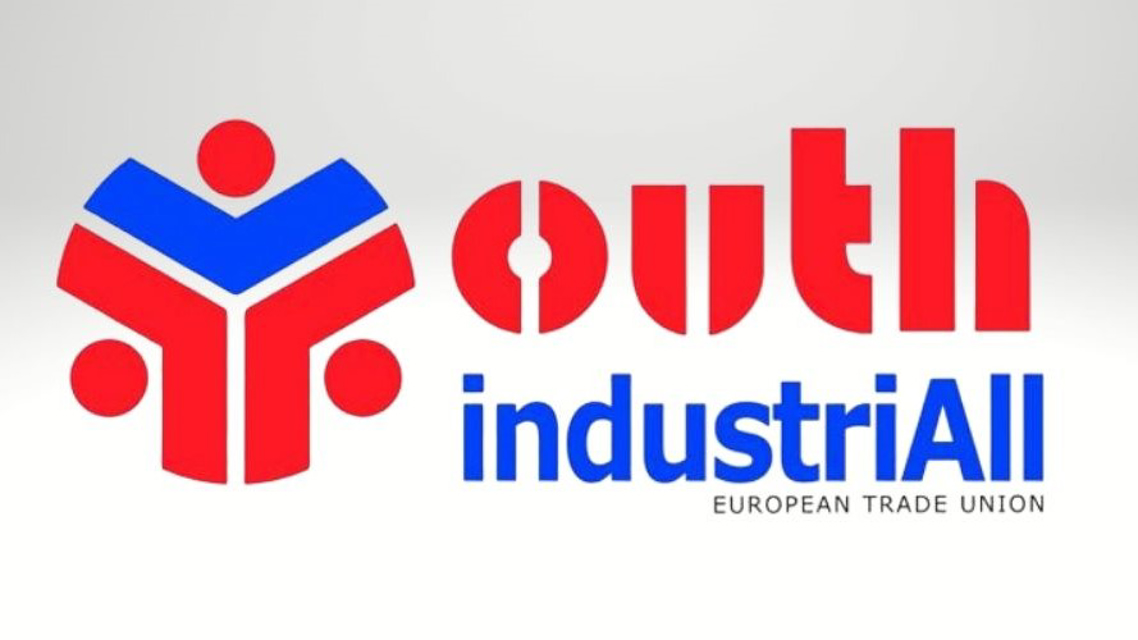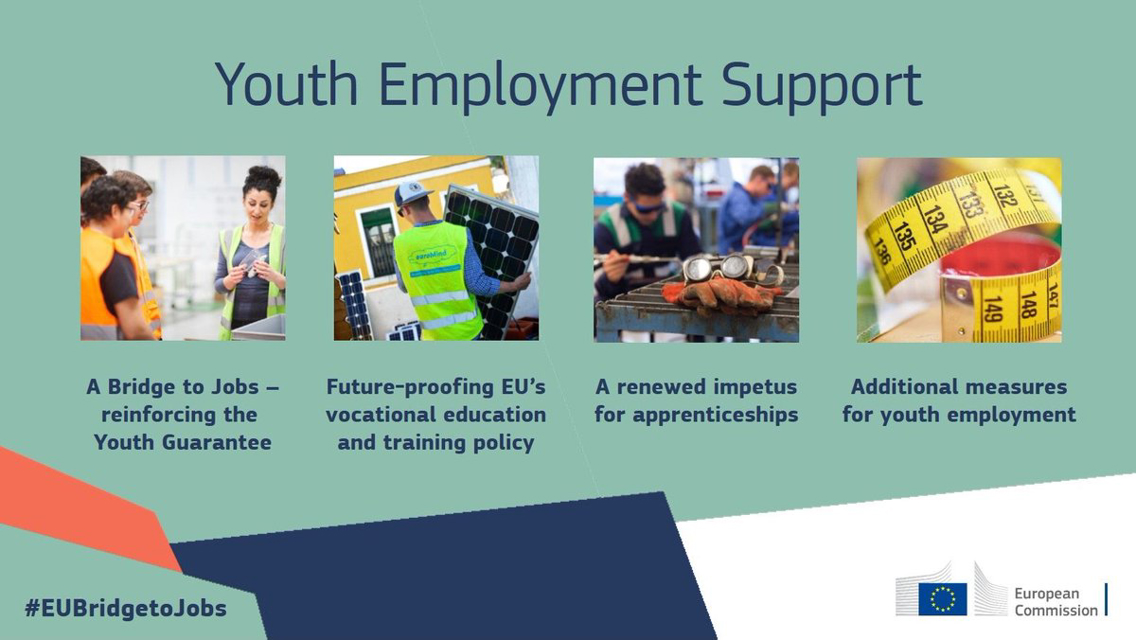The Commission’s Youth Employment Support package is a step in the right direction, but much more is needed in terms of quality offers and funding.
On 1 July, the European Commission published its new Youth Employment Support package which is meant to tackle the urgent issues of surging youth unemployment, the shortage of apprenticeships and vocational training opportunities, as well as the skills gap and skills mismatch in Europe.
IndustriAll Europe welcomes the Youth Employment Support in principle. The Commission rightly recognizes that the young generation is “disproportionately” affected by the COVID-19 crisis and that a delayed response would result in “irreparable damage”. However, having recognized the urgency and severity of the problem, the proposed solutions do not go far enough.
The Reinforced Youth Guarantee (RYG), as one of the main proposals of the package, is not ambitious enough to meet the main challenge faced by most young people: unemployment or precarious, temporary work with limited or no access to social security. The RYG improves the previous Youth Guarantee (2013) by increasing the age limit to also include 25-29 year-olds, who under this scheme, receive within four months of leaving formal education or becoming unemployed, an offer for training, an apprenticeship, employment or a traineeship. However, the Commission disappointingly fails to include solid quality criteria and minimum standards for the offers which young people are to receive.
The need for quality offers is only partially addressed by linking the RYG to the European Framework for Quality and Effective Apprenticeships, and the Quality Framework for Traineeships, both from 2013. This is not enough, because these Quality Frameworks do not protect young people from being exploited as cheap labour. We fear that in the absence of clear quality criteria and minimum standards, exploitative employers will continue to substitute quality jobs with precarious apprenticeships. Failing to set clear quality criteria and minimum standards will only lead to a misuse of public money. We therefore urge policymakers in the European Parliament and the European Council to amend the Commission’s proposal with the quality criteria proposed by the ETUC Youth.
The RYG rightly focuses on the much-needed green and digital skills. However, without good quality apprenticeship offering good job prospects, the good intentions will only result in disappointing results. Quality criteria should ensure that the offers under the RYG comply with national labour legislation, collective bargaining agreements and tax regulation. All beneficiaries should be covered by social protection and apprentices or trainees should no replace workers.
We are simply shocked that self-employment is part of the Commission’s proposal. So far, this new form of work promoted by neoliberal policies as a solution to high unemployment has only resulted in an explosion of bogus self-employed who are forced to work in precarious conditions.
Finally, the funding of the RYG is insufficient to meet the needs. Of the proposed 22 billion euro (that are part of the next Multiannual Financial Framework and the recovery package Next Generation EU), only 8 billion seem to be earmarked for youth. The rest constitutes a general budget for tackling unemployment. This is not enough to tackle the urgency of the situation.
Commenting on the Youth Employment Support package and the RYG, Isabelle Barthes, industriAll Europe’s Deputy Secretary General said:
“Today’s young generation is facing the second economic crisis right at the beginning of their professional lives. Many young workers were still suffering from the 2008-09 crisis, when COVID-19 hit. The clock is ticking for today’s youth which is on the brink of becoming a lost generation, stuck in economic insecurity. We need to act now!”
“The Commission’s Youth Employment Support package is a step in the right direction, but much more is needed in terms of quality offers and funding. The young generation on whose skills depends the green and smart transformation deserve fair treatment and perspectives of quality employment. We expect policymakers in the EU Parliament and Council to considerably improve what the Commission has put on the table by including the trade union proposals.”
Contact: Andrea Husen-Bradley press and communication, Patricia Velicu youth policy adviser

